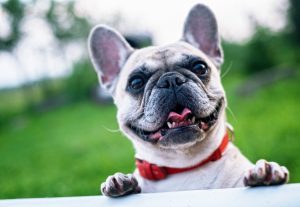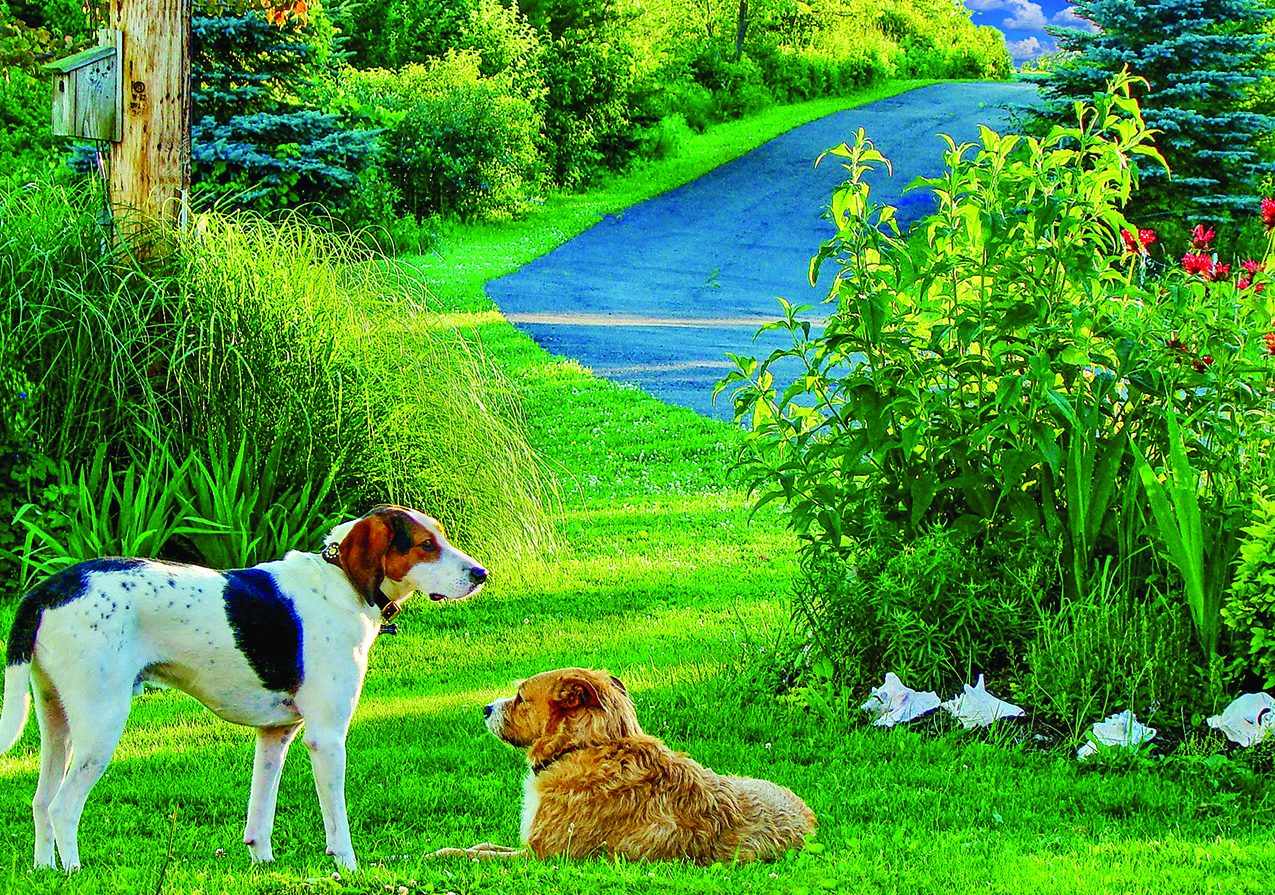Dogs love spending time outdoors. Dog owners with yards know that dogs benefit greatly from some exercise in the backyard. While that time might be great for dogs, it can take its toll on lawns.
Dog urine and feces can adversely affect the look and health of a lush green lawn. Nitrogen is essential to healthy soil, but only at certain levels. When those levels are exceeded, the result can be lawn damage. According to The Spruce Pets, an advisory site that offers practical tips and training advices to pet owners, this is what happens when pets frequently urinate on grass. Urine is naturally high in nitrogen, so when pets urinate on lawns, the grass might turn yellow or brown due to the excess nitrogen content. Nitrogen also is present in lawn fertilizers, further exacerbating the problem for pet owners who fertilize their lawns.
In addition to urine damage, dogs can trample frosted grass, contributing to problems that may not become evident until spring, and get into areas like gardens where they wreak additional havoc.
Pet owners who want to let their dogs run free in the yard but don’t want damaged grass may be tempted to put their pooches in diapers or confine them to crates when letting them outside. But such an approach isn’t necessary. In fact, some simple strategies can be highly effective at preventing dog-related lawn damage.

• Speak with a landscaper about planting new grass. Certain types of grass, such as Bermuda grass, can withstand dog damage better than others. Local climate will dictate which types of grass are likely to thrive in a given area, so speak with a professional landscaper about the viability of planting new grass.
• Install fencing. Pet owners with expansive yards can install fencing that allows dogs to spend time exercising outdoors without granting them access to the entire property. Large dogs will need more room than small ones, but try to build fenced-in areas that allow dogs to run freely and get the exercise they need to stay healthy.
• Work with a dog trainer. Dog trainers might be able to work with dogs so they only urinate in certain areas of the yard, greatly reducing the damage they can cause to a lawn. Trainers also might help curb digging and clawing behaviors that can damage lawns as well as gardens.
• Consider hardscaping. Hardscaping might be most effective for pet owners with small properties. Hardscaping does not include grass and can add visual appeal to a property while saving pet owners the headaches of dealing with dog-related lawn damage. Dogs need time outdoors, and homeowners can take various steps to protect their lawns from dog-related damage.




